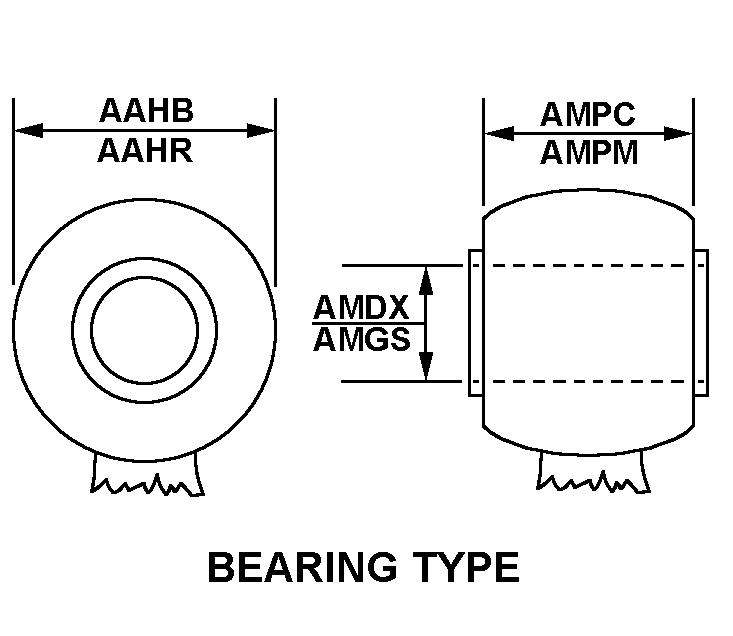3040010356438
Price Quote Get an up to date pricing and availability quote for this product. Order online or over the phone.
Quality Commitment
Serving our customers with quality and safety first.
- AS9120 Certified
- Audited supply chain
- ITAR Registered
- DDTC Registered
- HAZMAT Certified
- Customer service objectives
- Every product 100% inspected

3040-01-035-6438 Specification Set by the OEM (see RNCC code 3)
brass and steel, stainless
any acceptable
not rated
3.750in.
3.750in.
3.000in.
main propulsion pneumatic controls aboard 160 ft coast guard vessels
30.0
0.313in.
0.500in.
any acceptable
1.000in.
14.875in.
16.875in.
8.0 pounds per square inch and 65.0 pounds per square inch
filler plug
err default
pneumatic
double acting single cylinder
bearing type
not identical
tongue type
any acceptable
tongue cylinder head end
1 piston rod end
flare single port
npt
0.250in.
Cross Reference Parts Part numbers that meet the specification outlined on this page and set by the OEM
Identification Item Identification Guide (IIG) and Item Name Code (INC)

Definition Definition of approved item name (AIN): "CYLINDER ASSEMBLY,ACTUATING,LINE"
A cylinder containing a piston and other component parts designed to develop linear motion required to operate a given object(s) with energy generated from either pneumatic or hydraulic pressure(s). See also cylinder, actuating, linear. Do not use if a more specific name applies.
3040-01-035-6438 Material Hazmat, Precious Metals, Criticality, Enviroment, and ESD
Indicates there is no data in the hmirs and the nsn is in a fsc not generally suspected of containing hazardous materials.
Item does not contain precious metal.
The item does not have a nuclear hardened feature or any other critical feature such as tolerance, fit restriction or application.
Identification Codes
HMIC: Hazardous Material Indicator Code. A one position code that identifies a hazardous item.
PMIC: Precious Metal Indicator Code. A one position code which identifies items that have precious metals as part of their content. precious metals are those metals generally considered to be uncommon, highly valuable, and relatively superior in certain properties such as resistance to corrosion and electrical conductivity.
ESD: Electrostatic Discharge. Indicates if an item is susceptible to electrostatic discharge or electromagnetic interference damage. electrostatic discharge damage occurs when an accumulation of static electricity generated by the relative motion or separation of materials is released to another item by direct contact. electromagnetic interference damage occurs when an item comes into proximity with an electrostatic or magnetic field.
ENAC: Enviromental Attribute Code. Identifies items with environmentally preferred characteristics.
CRITL: Criticality Indicator Code. Indicates an item is technically critical by tolerance, fit, application, nuclear hardness properties, or other characteristics.






